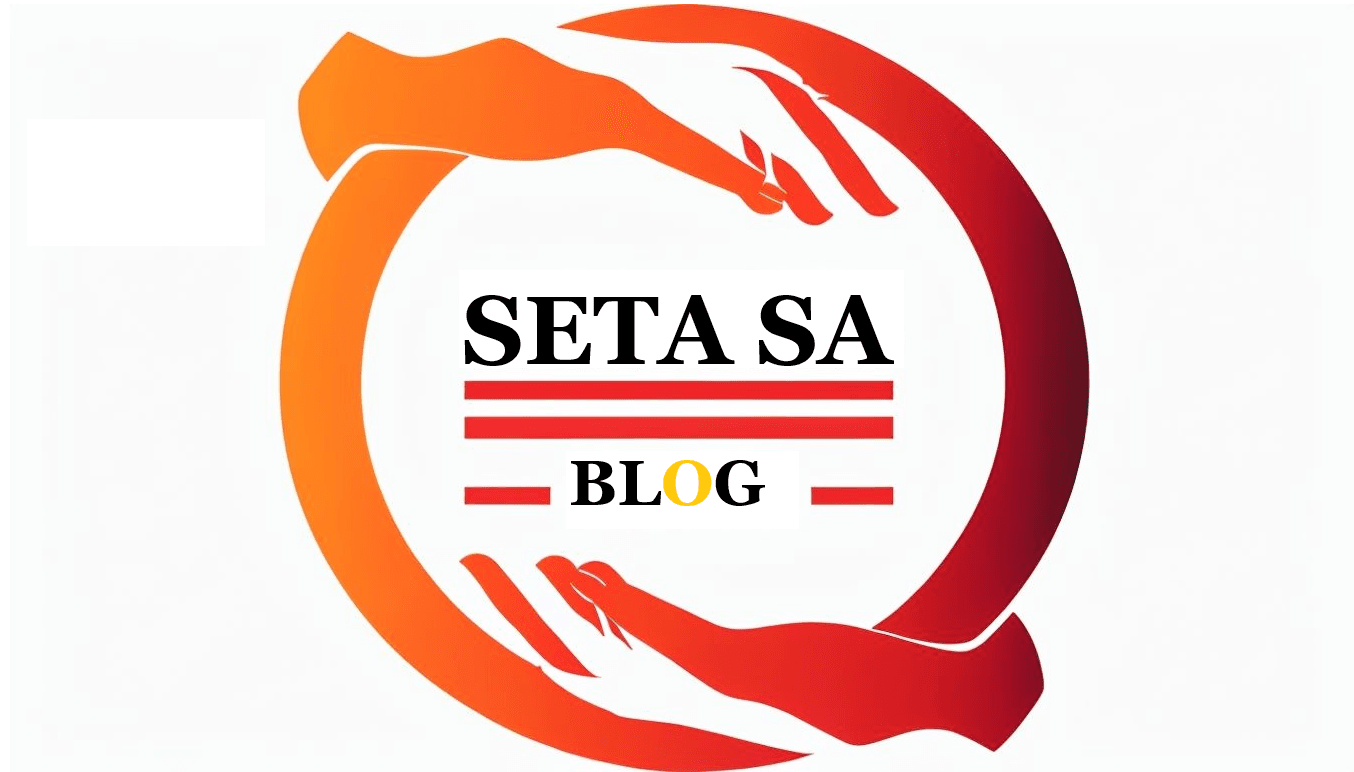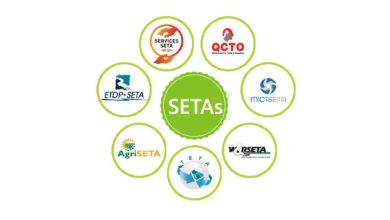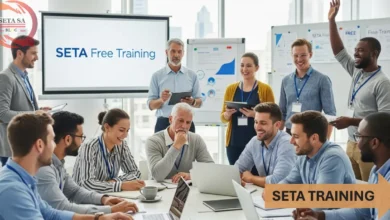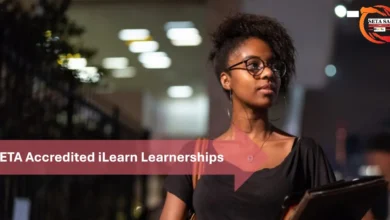SETA Education: Your Guide to Skills Development in South Africa
So, you’re curious about SETA education in South Africa? Awesome! You’ve come to the right place. If you’re looking to upskill, reskill, or just get a leg up in your career, then understanding SETAs (Sector Education and Training Authorities) is crucial. Think of them as the gatekeepers and facilitators of skills development across various industries. They’re the ones helping South Africans like you and me get the training and qualifications we need to thrive.
What Exactly is a SETA?
Let’s break it down. SETAs are essentially government-established bodies that operate within specific sectors of the South African economy. Each SETA is responsible for a particular industry, like manufacturing, finance, or even the services sector. Their primary goal? To ensure that the workforce within their sector has the skills and knowledge needed to meet industry demands. They do this through a variety of initiatives, including:
- Developing Sector Skills Plans (SSPs)
- Accrediting training providers
- Managing learnerships and apprenticeships
- Disbursing funds for skills development
In essence, SETAs are the driving force behind ensuring that South Africa’s workforce is equipped for the future. They are a vital part of the country’s economic growth strategy.
The Role of SETAs in Skills Development
Imagine a world where businesses can’t find skilled workers. It’s not a pretty picture, right? SETAs step in to prevent that. They conduct research to identify skills gaps within their sectors. They then design and implement programs to address these gaps. This might involve funding learnerships, where you get on-the-job training and a qualification, or apprenticeships, which are similar but often focus on trades. They also support short courses and other training initiatives. It’s all about making sure that the right skills are available when and where they’re needed. For more information on the role of SETAs, you can check out the Skills Portal.
How SETAs Support Learners and Employers
SETAs aren’t just for big businesses; they’re for individuals too. If you’re looking to gain new skills or improve your qualifications, a SETA-accredited training provider could be your ticket. They often offer learnerships and apprenticeships that provide practical experience and a nationally recognized qualification. For employers, SETAs offer a way to access funding for training their employees, ensuring their workforce stays competitive. They also provide guidance on skills development and help businesses navigate the complexities of the training landscape. It’s a win-win situation!
Funding and Financial Support
One of the most significant benefits of SETAs is the financial support they provide. They collect a skills development levy from employers, which is then used to fund various training initiatives. This means that businesses can claim back a portion of their levy contributions to cover the cost of training their employees. Learnerships and apprenticeships are often subsidized, making them more accessible. This financial assistance is a game-changer for both individuals and businesses, making skills development more affordable and attainable. You can find more information on funding opportunities on the South African Government Services website.
Finding the Right SETA for You
With so many SETAs, how do you find the one that’s relevant to your field or career aspirations? The first step is to identify the industry you’re interested in. Then, you can research the SETA that governs that sector. For example, if you’re interested in the financial sector, you’d look at the Financial and Accounting Services Sector Education and Training Authority (FASSET). Each SETA has its own website with information on learnerships, apprenticeships, accredited training providers, and funding opportunities. Don’t be afraid to explore and see what’s out there!
The Impact of SETA Education
The impact of SETA education is far-reaching. It contributes to a more skilled and productive workforce, which, in turn, boosts economic growth. It also helps to reduce unemployment by providing people with the skills they need to find jobs. Furthermore, SETA initiatives promote social equity by providing opportunities for individuals from disadvantaged backgrounds to access quality education and training. It’s a powerful tool for positive change.
The Future of SETA Education
The world of work is constantly evolving, and SETAs are adapting to meet the changing needs of the economy. They’re increasingly focused on digital skills, green technologies, and other emerging areas. They’re also working to improve the quality and relevance of their training programs. The future of SETA education is about being agile, responsive, and forward-thinking, ensuring that South Africans have the skills they need to succeed in the 21st century. The Department of Higher Education and Training (DHET) plays a crucial role in overseeing and guiding the SETA landscape.
Conclusion
So, there you have it – a glimpse into the world of SETA education in South Africa. It’s a complex but incredibly important system that’s designed to empower individuals and businesses alike. Whether you’re a job seeker, an employee, or an employer, understanding SETAs can open doors to new opportunities and help you achieve your goals. So, take the time to explore the resources available, and see how SETA education can help you build a brighter future.
Frequently Asked Questions (FAQs)
- What is the Skills Development Levy? The Skills Development Levy is a tax paid by employers to fund skills development initiatives.
- How do I find a SETA-accredited training provider? You can find a list of accredited providers on the website of the relevant SETA.
- Are learnerships and apprenticeships paid? Yes, learnerships and apprenticeships typically involve a stipend or salary.
- Can I apply for SETA funding as an individual? Generally, funding is provided to employers, but individuals can benefit through learnerships and other programs.
- Where can I find more information about SETAs? The websites of the individual SETAs and the Department of Higher Education and Training (DHET) are excellent resources.






